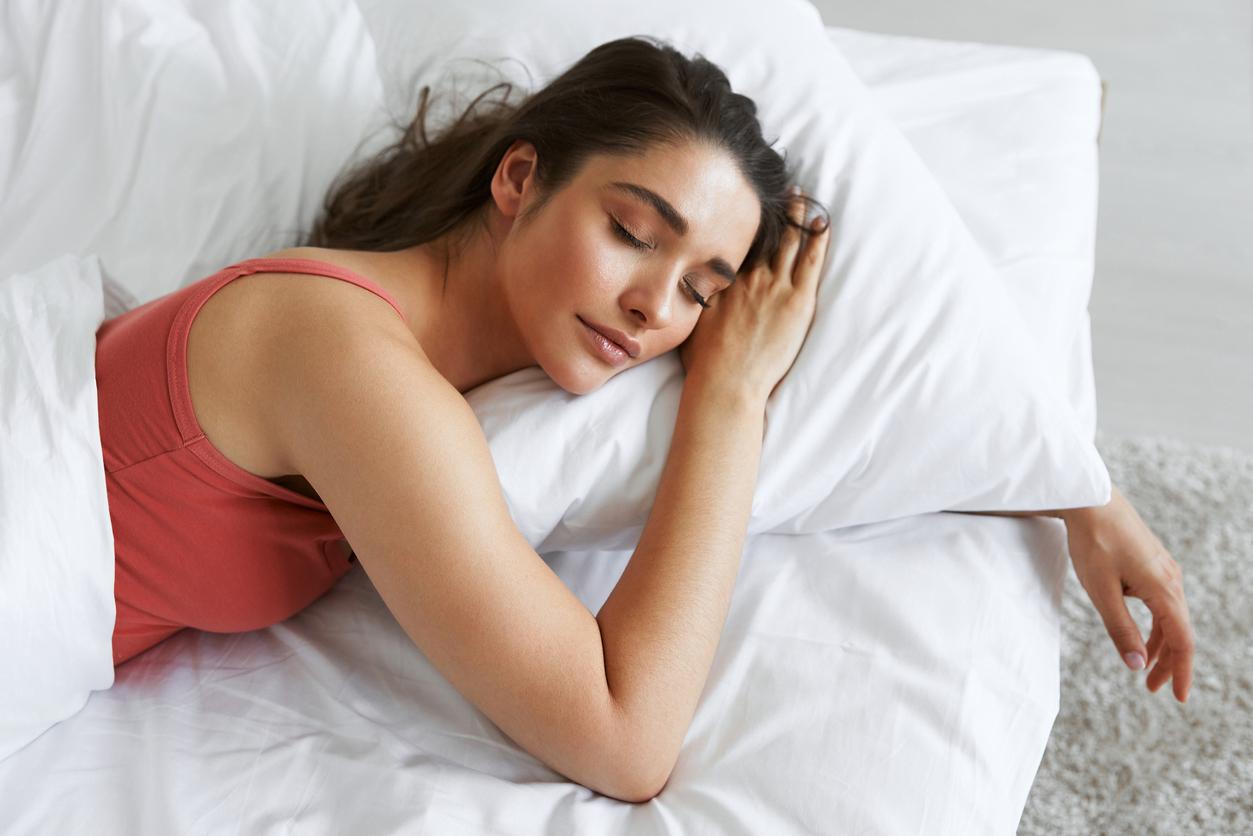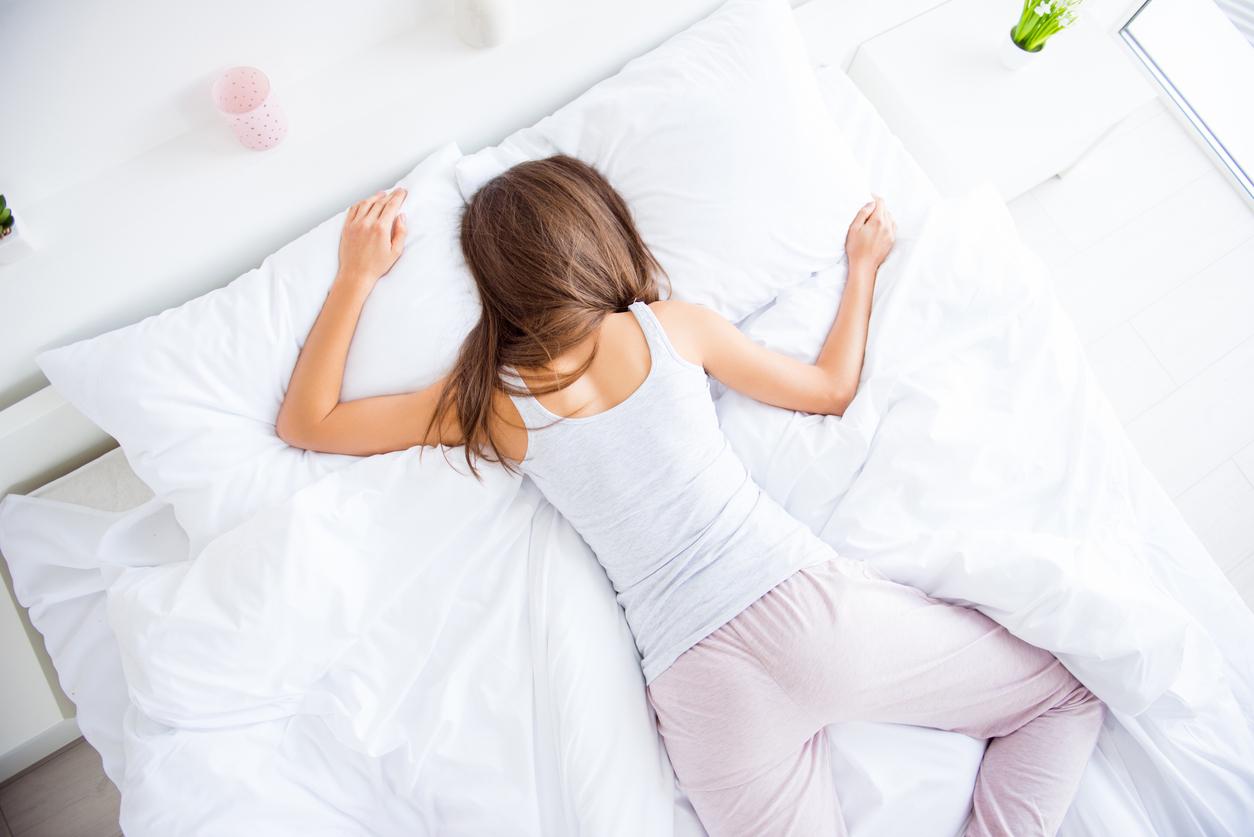Just one hour of extra sleep per night does wonders for students’ health.

- A new study shows that extending the duration of sleep by an hour improves the health of students.
- This change in their habits resulted in reduced daytime sleepiness, lower blood pressure, improved glucose regulation and better hydration.
- “Our sample was small and limited to healthy young adults, so we cannot make generalizations for the entire population,” the study director said in conclusion.
An extra hour of sleep benefits students’ health on many levels, according to a small study published in Sleep Health.
Previous research has already linked short sleep duration to various health problems, including high blood pressure, increased heart rate, and lower levels of physical activity.
College students, with their unique schedules and lifestyles, often have disrupted sleep patterns, making them an ideal demographic to study the effects of increased sleep duration.
The study cohort was predominantly female, with individuals aged 18 to 23 years. Participants were all in good physical and mental health, as those who suffered from sleep disorders, cardiometabolic diseases or were taking certain medications were excluded in order to isolate the effects of longer nights.
Sleep: 43 minutes more improves blood pressure
For two weeks, the researchers followed a rigorous protocol. The first week served as a baseline, with participants maintaining their usual sleep habits. During the second week, they were asked to extend their sleep by an hour each night. Several of their constants were then measured.
On average, participants increased their sleep duration by about 43 minutes per night. This change in their habits resulted in reduced daytime sleepiness, lower blood pressure, improved glucose regulation and better hydration.
The improvements in blood pressure and glucose regulation are particularly noteworthy, given their implications for long-term heart health and diabetes risk.
Sleep: 37% of French people regularly suffer from disorders
“Our sample was small and limited to healthy young adults, so we cannot make generalizations for the entire population,” declared the director of the study in conclusion.
The study, entitled “Effects of a 1-hour per night week-long sleep extension in college students on cardiometabolic parameters, hydration status, and physical activity: A pilot study”, was written by Gina Marie Mathew, Nicole G. Nahmod, Lindsay Master, David A. Reichenberger, Asher Y. Rosinger and Anne-Marie Chang.
37% of French people regularly suffer from sleep or wakefulness disorders, a figure that has been constantly increasing in recent years.


















